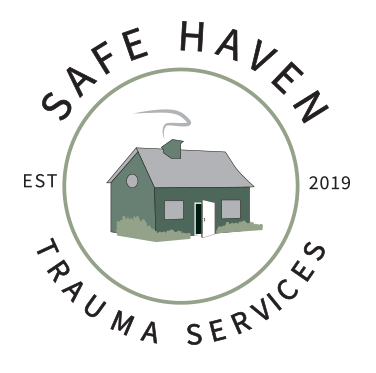Comparing Trauma
When we reach a point at which we seek help for our needs, it can be very easy to try to rationalize these needs away as we may have done so many times before. We may intellectualize our feelings and hope to resolve issues with logic. This, like so many coping strategies, may have saved our lives or sanity at one point in our journey, but it will ultimately keep us from attaining the resolution to adverse experiences we may so-desperately desire.
One major way we intellectualize is by comparing trauma. It is so easy to say “my trauma isn’t that bad” or “so many people have it worse than me.” “This person went through the same experience, and they weren’t traumatized,” and “other people get by, so I can handle this on my own” are some of the many ways we invalidate our own unique experiences. What if you did not need to be so concerned with other people’s journeys? Your experience happened and you have feelings about it! What is so bad about that? Our experiences are as unique and varied as we are, and each of them is special and just as worthy of attention as ourselves. Your feelings are real and they matter, especially in the safe and sacred space of the therapeutic interaction!
Acknowledgement of trauma is the first step toward resolution of that trauma, and acknowledging the feelings that have accompanied our personal experiences is an immense part of the healing process. Besides, it is likely that we don’t really know how other people may be handling their own experiences, so there is really no point in comparing. They may be reaching out for help just like us. Would you deny them that help or tell them their trauma isn’t valid because it wasn’t as bad as someone else’s? Then why do it to yourself? The healing process starts with a willingness to be patient with yourself, feeling your feelings, and not comparing yourself and your experiences with others. You do you. Your experience, and the world, will be better for it!

